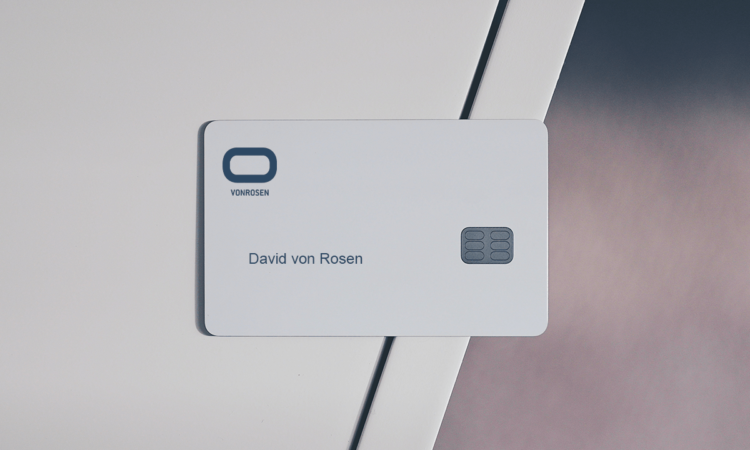
Europe is leading the charge towards cashless societies, with some of the lowest rates of cash transactions in the world.
It may seem like a foregone conclusion that US-based Big Tech companies will facilitate the final transition away from cash. Elon Musk wants to make X an ‘everything’ app that covers online payments, and Alphabet is lurking behind the curtain of the online payments space.
But I think there’s an opportunity here for a startup nimble enough to own this space – and strike gold in the process. And there’s no better birthplace for such a startup than Europe, where there is a strong openness to new digital technologies, including in the older generations, and a relatively high trust in financial institutions.
Infrastructural and political baggage
The last areas holding out from digital transactions are in the informal economy, like tipping, where cash is still king. I believe the next startup unicorn will be a fintech firm that can digitally facilitate these small-scale, peer-to-peer transactions in a way that current fintech platforms, Big Tech firms, and traditional banks currently fail to.
After 2008, the blue-chip banks’ control over the financial sector was as vulnerable as it was ever going to be. Consumers trusted the banks about as far as they could throw them, and a spate of new regulations opened up the possibility for upstart fintechs without the infrastructural and political baggage.
Over the last 15 years, fintechs have mined this rich seam largely through facilitating the different steps towards a cashless society – offering increasingly simple and user-friendly means of managing money.
The rest of us have benefitted from their innovation. The convenience of digital transactions has saved time and effort and made the previously opaque financial system accessible to the everyday person. Small businesses no longer need to worry about holding large amounts of cash on site. Instant transnational payments have greased the gears of the global economy.
Failed to convince consumers
But fintech has so far failed to convince consumers that there’s no more need for cash, and there are signs that innovation is slowing. Consumer’s wallets have been squeezed by high-interest rates and stagnant wages that lag behind persistent inflation. People are choosing to prioritize food and housing rather than the services traditionally facilitated by payments fintechs like retail and entertainment.
The market has reacted strongly to these trends. PayPal shareholders cashed in during the COVID pandemic as online spending boomed, but the stock has dived since then, falling around 30 percent in the last year alone. Others have hit similarly rocky terrain, such as Adyen, which saw its stock price fall nearly 50 percent in the same period.
In lean times like this, one option for established firms is to find new markets to give their revenues a boost. The problem for fintech firms is that most of the avenues for monetizing the transition away from physical cash have already been explored – and are increasingly taken over by the big tech players.
It will take creativity and innovation to monetize the last remaining physical transactions in the informal economy. The current blockers are exclusivity and inconvenience. PayPal transactions, for example, require both parties in a transaction to have the app and an associated account set up. With other fintech platforms such as Revolut, you need to know the recipient’s name and bank details to make a payment.
Consumer anxiety
A cash exchange is instant, and a simple social interaction that doesn’t require the exchange of personal information. People won’t want to wait for someone else to download the correct payment app over the restaurant table in order to give a tip. And many people are anxious about sharing details of their bank account.
So, the opportunity for the fintech sector here is to create products that allow for the transfer of money to anyone without them having to already have the tech to receive it – whether that’s a PayPal account, Cash App, or even an iPhone.
The niche is in the creation of non-exclusive means of transferring ‘cash’ in the informal economy, to anyone, by anyone, through giving them the opportunity to receive the funds after the exchange, and to the location of their choosing.
The door is ajar
Of course, any potential gold rush like this attracts prospectors. The established big tech firms certainly have the big data capabilities and brand recognition to claim this territory as theirs. But these are now cumbersome institutions that will be slow to offer the bespoke service required for this sort of platform.
This leaves the door ajar for an agile European startup, or several, that can rapidly onboard and leverage new technologies to profit from the informal economy and complete the transition to societies that can function without cash.
Lead image: Photo by blocks





